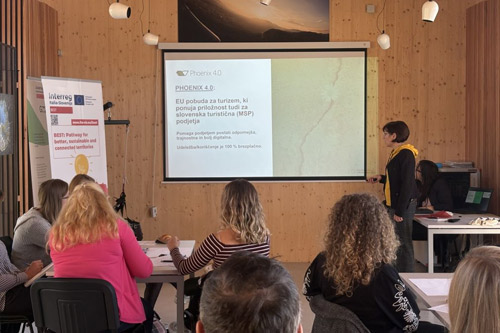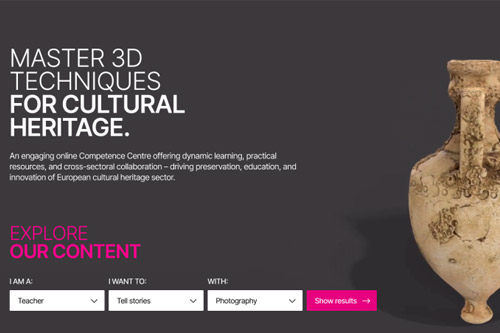
The recently published Heritage Report offers a comprehensive analysis of the intersection between heritage conservation and the emerging technologies of the Tourism 4.0 paradigm. This document, made accessible by the Tourism 4.0 initiative, delves into how innovative digital tools and methodologies are being harnessed to both preserve and promote cultural heritage, ensuring its sustainability and accessibility for future generations.
At the core of the report is the assertion that digital transformation in the heritage sector is not merely an option but a necessity in the modern era. It emphasizes the role of cutting-edge technologies such as augmented reality (AR), virtual reality (VR), and artificial intelligence (AI) in redefining the ways in which cultural artifacts and heritage sites are experienced, interpreted, and conserved. By integrating these technologies, heritage sites can offer immersive and interactive experiences that transcend traditional visitation methods, potentially reaching a global audience.
One of the standout points in the report is the focus on the democratization of heritage. The digital era offers unprecedented opportunities for people around the world to access and engage with cultural heritage, irrespective of geographical and physical barriers. This not only helps in fostering a deeper understanding and appreciation of global cultures but also in promoting inclusivity in heritage conservation efforts.
Moreover, the report highlights the critical role of data analytics and digital documentation in preserving heritage sites. Through techniques such as 3D scanning and digital archiving, detailed records of heritage sites can be maintained, aiding in their restoration and protection against natural and human-induced threats. These digital records serve as an invaluable resource for researchers, historians, and conservationists, enabling a more informed and effective approach to heritage preservation.
In conclusion, the Heritage Report from the Tourism 4.0 initiative eloquently outlines the transformative potential of digital technologies in the heritage sector. It presents a future where technology and tradition coalesce to ensure that cultural heritage is not only preserved but also celebrated and shared in a manner that is accessible to all. The report calls for collaborative efforts among technology developers, conservationists, and policymakers to fully realize the benefits of digital transformation in heritage conservation, ultimately contributing to a richer, more inclusive global cultural landscape.



